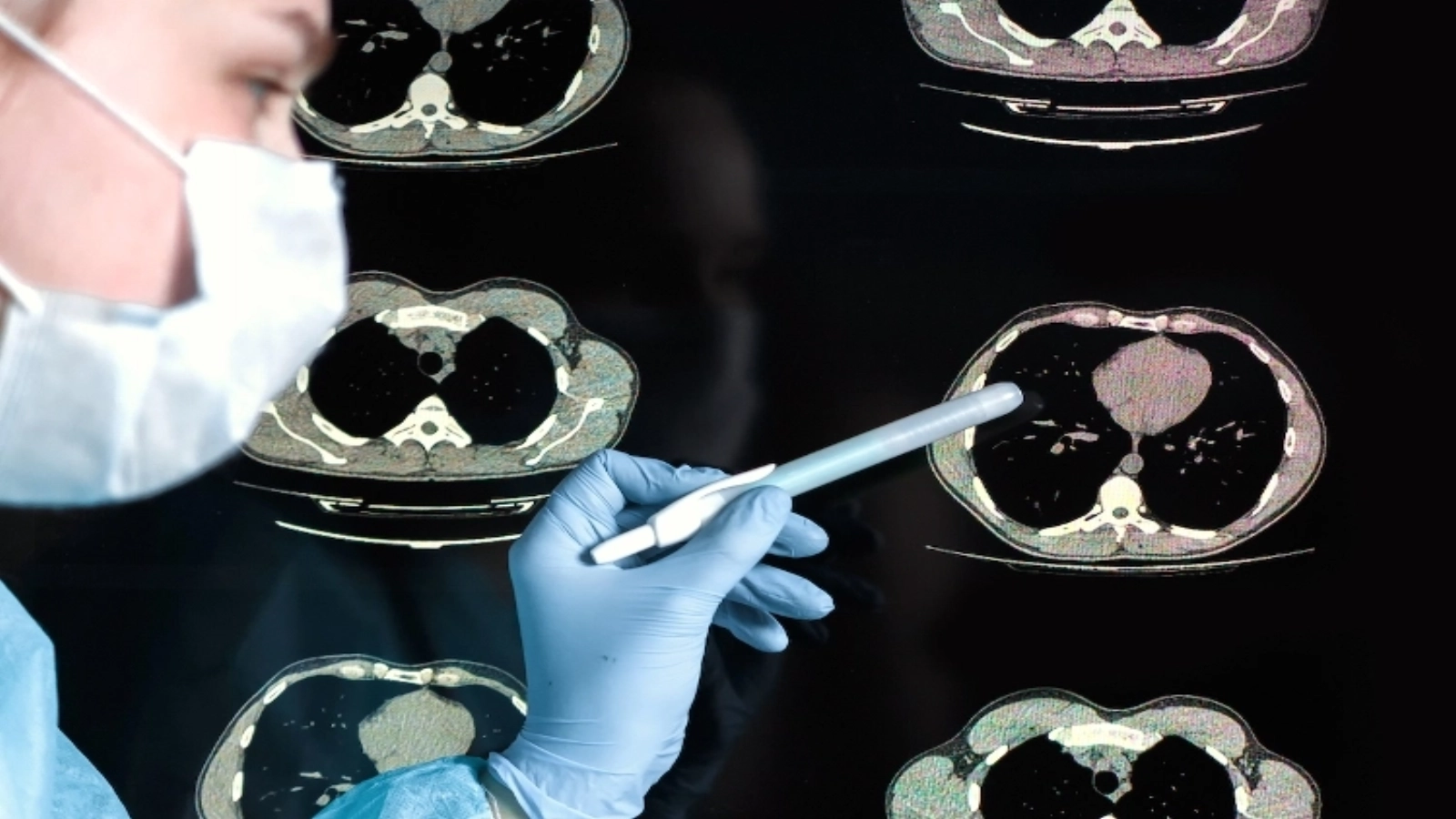The National Public Health Institute (INSP) has updated on Tuesday the case definitions for the acute respiratory syndrome with the novel coronavirus (COVID-19), Agerpres reports.
The previous update to the case definitions had been done in July 2021.
Thus, the clinical criteria taken into account when establishing the diagnostic are at least one of the following signs and symptoms: cough, fever, breath shortness, sudden onset of anosmia, ageusia or dysgeusia.
For children up to 16 showing gastrointestinal symptoms (vomiting, diarrhea), not associated with the food ingested, SARS-CoV-2 infection may be suspected.
The epidemiological criteria are: direct contact with a confirmed case of COVID-19 within 10 days prior to the onset and / or resident or staff of a care institution for vulnerable persons within 10 days prior to the onset, institution in which the transmission of SARS- CoV-2 has been confirmed.
Less specific symptoms and additional signs may include headache, chills, myalgia, asthenia, vomiting, and / or diarrhea. The rapid antigen test should be performed no later than 5 days after the onset date or no later than 7 days after the exposure date. If the date of exposure is not known, the rapid antigen test should be performed as soon as possible, the INSP states.
The cases are classified as follows:
1. possible case - any person who meets the clinical criteria;
2. probable case - any person who meets the clinical criteria and who is epidemiologically related to a confirmed case or any person who meets the imaging diagnostic criteria;
3. confirmed case - any person who meets the laboratory criteria.
Direct contact is defined as:
* a person living in the same household as a COVID-19 patient;
* a person who has had direct physical contact with a case of COVID-19 (eg handshake without further hand hygiene);
* a person who has had unprotected direct contact with infectious secretions of a case of COVID-19 (eg, during coughing, touching handkerchiefs with unprotected hand);
* a person who has had face-to-face contact with a COVID-19 case at a distance of less than 2 meters and with a duration of at least 15 minutes;
* a person who has been in the same room (eg classroom, meeting room, hospital waiting room) with a case of COVID-19, for a minimum of 15 minutes and at a distance of less than 2 meters;
* medical personnel or another person providing direct care to a patient with COVID-19 or laboratory staff handling samples taken from a patient with COVID-19 without proper wearing of protective equipment.
"Any person who has worn appropriate mask / protective equipment and observed physical distance is not considered a direct contact," the INSP said.
*** Death caused by COVID-19 is defined as death occurring in a patient confirmed with COVID-19, unless there is another clear cause of death that cannot be related to COVID-19 and there was no period of complete recovery between illness and death.
Asymptomatic medical and auxiliary staff falling into one of the categories - not vaccinated against SARS-CoV-2 or with incomplete vaccination schedule and who have never had the disease, or not vaccinated against SARS-CoV-2 or with incomplete vaccination schedule and who have had the disease but have had more than 180 days since the first positive test - will be tested by rapid antigenic test every 3 days or by RT-PCR / NAAT once every 7 days. The management of the medical-sanitary unit has the obligation to verify the result of the test and to institute the necessary measures. Periodic testing may be stopped if staff provide proof of complete vaccination," the INSP said.
This testing is required in the following situations:
* in the context in which the cumulative rate of incidence of new cases of illness in the last 14 days in the administrative-territorial unit reported per 1,000 inhabitants is greater than or equal to 1.5;
* for healthcare units that provide care to patients with the Delta or Omicron variant of SARS-CoV-2, regardless of the incidence rate in the administrative-territorial unit.
INSP updates COVID case definitions
Articole Similare

6
Euro trades at RON 5.0943
6

9
Ministry of Finance raised 90 million lei from banks on Friday in an additional auction following Thursday's session
9

16
ForMin Toiu: Munich Security Conference hosts conversations on key topics for Romania
16

15
Italian Chamber of Deputies approves historic deal between Italy and the Romanian Orthodox Church
15

13
PSD's Grindeanu: If a Government is not for the people, then it will no longer exist at all
13

20
PM Bolojan: Temporary technical recession is part of the anticipated cost of the transition to a solid economy
20

9
President Nicusor Dan: It would have been good to have the budget before 1 January
9

17
Bucharest general mayor invited to join network of Europe's main mayors
17

22
TVR announces finalists of National Eurovision Selection
22

13
DefMin Miruta leading Romania's delegation to Munich Security Conference
13

15
Romania's economy grows by 0.6pct in 2025, but ends year on technical recession
15

11
President signs degree on judge Ionela Tudor's retirement
11

10
President Dan: Governing coalition works better than generally perceived
10



















Comentează